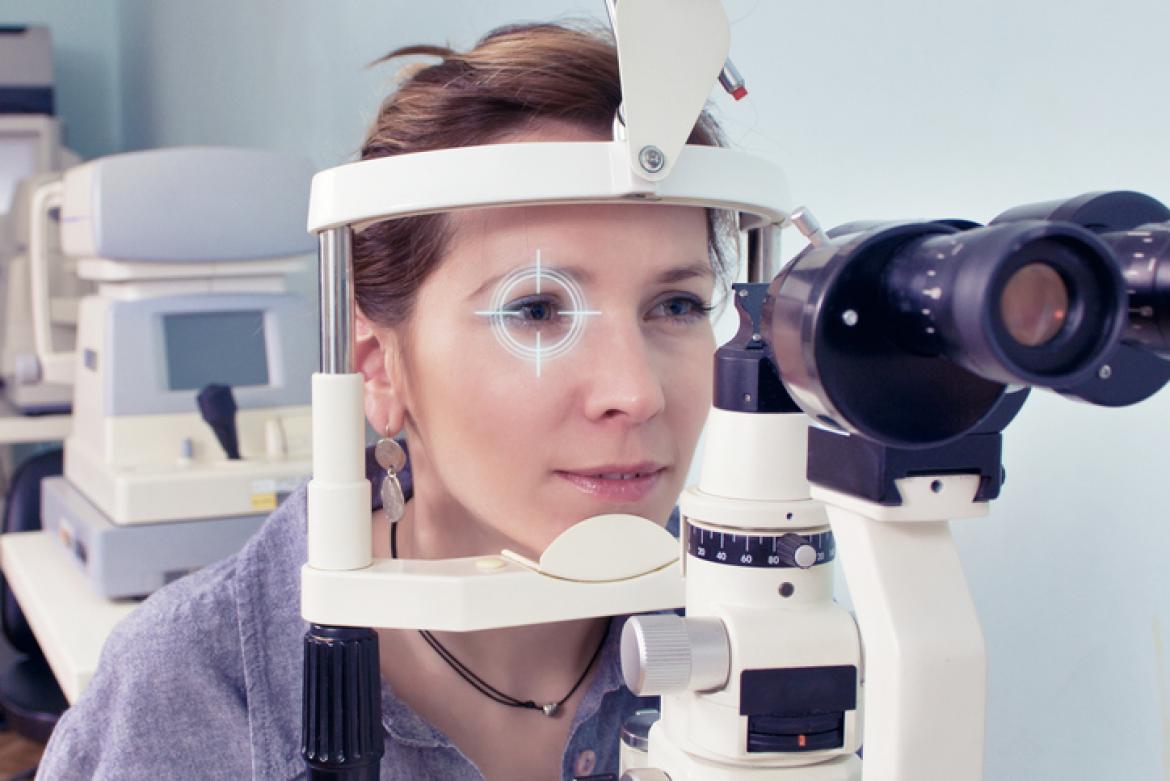Mastering Eye Care Proven Tips for Vision Wellness
Mastering Eye Care: Proven Tips for Vision Wellness
Understanding the Importance of Eye Care
The eyes are often referred to as the windows to the soul, but they are also essential for our everyday functioning. From the moment we wake up until we go to bed, our eyes are constantly at work, allowing us to navigate the world around us. Therefore, it’s crucial to prioritize eye care to ensure optimal vision and overall well-being.
Regular Eye Exams: The Foundation of Eye Care
One of the most important aspects of eye care is scheduling regular eye exams with an optometrist or ophthalmologist. These professionals can assess your vision health, detect any underlying issues or conditions, and prescribe corrective measures if necessary. Regular eye exams are key to maintaining healthy eyesight and catching any potential problems early on.
Protecting Your Eyes from Harmful UV Rays
Just as we protect our skin from the sun’s harmful UV rays, it’s essential to shield our eyes as well. Prolonged exposure to UV radiation can increase the risk of cataracts, macular degeneration, and other eye conditions. Invest in a good pair of sunglasses that provide 100% UV protection and wear them whenever you’re outdoors, even on cloudy days.
Practicing Proper Eye Hygiene
Maintaining proper eye hygiene is another crucial aspect of eye care. Avoid touching your eyes with dirty hands, as this can introduce bacteria and lead to infections. If you wear contact lenses, make sure to follow the recommended hygiene practices for cleaning and storing them. Additionally, avoid rubbing your eyes excessively, as this can cause irritation and damage to the delicate tissues.
Taking Breaks to Reduce Eye Strain
In today’s digital age, many of us spend hours staring at screens, whether it’s computers, smartphones, or tablets. This prolonged screen time can lead to eye strain, dryness, and discomfort. To alleviate these symptoms, practice the 20-20-20 rule: every 20 minutes, take a 20-second break and look at something 20 feet away. This simple habit can help reduce eye strain and prevent long-term damage.
Maintaining a Healthy Diet for Eye Health
A nutritious diet is essential for overall health, including eye health. Foods rich in antioxidants, vitamins, and minerals, such as leafy greens, citrus fruits, nuts, and fish, can help protect against age-related eye conditions like macular degeneration and cataracts. Additionally, staying hydrated by drinking plenty of water is crucial for maintaining healthy eyesight.
Getting Adequate Sleep for Eye Health
Quality sleep is essential for overall health and well-being, including eye health. During sleep, your eyes rest and replenish themselves, allowing them to function optimally during waking hours. Aim for 7-9 hours of quality sleep per night to ensure your eyes get the rest they need to stay healthy and vibrant.
Limiting Screen Time Before Bed
Excessive screen time before bed can interfere with your body’s natural sleep-wake cycle, making it difficult to fall asleep and stay asleep. The blue light emitted by screens can also suppress the production of melatonin, the hormone responsible for regulating










